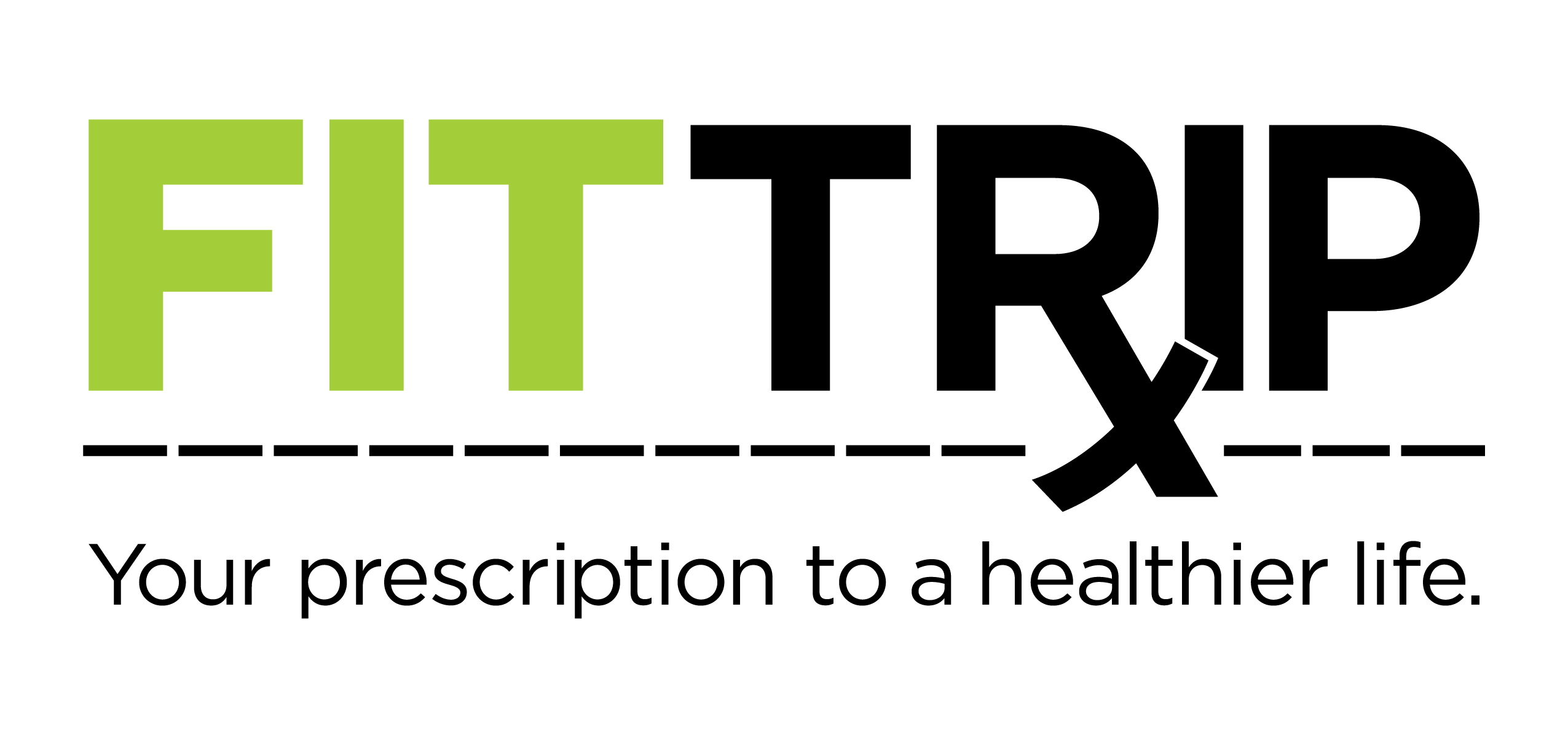Healthy Sleep: From A to Zzz
Most of us know that getting enough sleep is important. We have watches or fitness trackers that often record the time we sleep or even give us a score for how well we sleep! Even though we know we should get around 8 hours per night, a 2020 survey from the Centers for Disease Control and Prevention reported that nearly 40% of American adults get less than 7 hours of sleep a night. This can negatively impact our health because insufficient sleep has been linked to conditions like diabetes, cardiovascular disease, depression, and more. In fact, sleep is so important that the American Heart Association has named it one of “Life’s Essential 8,” eight important health behaviors and factors that reduce the risk of heart disease. If good sleep is so impactful on our daytime health, what can we do to improve our sleep?
Basic sleep hygiene
There are many steps you can take to improve your sleep. So many, in fact, that the National Sleep Foundation has a list of over 20 Healthy Sleep Habits. If you try to add all 20+ tips at one time, chances are, you’ll get stressed out and sleep even worse! But you can follow this simple checklist to change your sleep hygiene:
-
Take stock of your current sleep habits.
-
You can use a sleep diary or your smartwatch/fitness tracker to see how much you are sleeping. Notice any trends in your routines and habits.
-
Look around your bedroom and note the environment. What is the temperature? How old are your mattress and pillow? How does your bedroom promote a good night’s sleep?
-
Choose a focus area.
-
Routines and habits: If you found out your daily actions can better support your sleep, focus on changing what you do during the day or before bed.
-
Environment: If you discovered your bedroom is not set up for sleep, you can experiment with changing out the environment.
-
Make 1-2 changes at a time.
-
If you’re changing routines and habits, try 1-2 of these ideas, or come up with your own:
-
Go to bed and get up at the same times every day
-
Get at least 30 minutes of sunshine per day
-
Follow the same nightly routine
-
Move your phone or other devices farther away from your bed at night
-
If you need to adjust your environment, try 1-2 of these tips, or come up with your own:
-
Replace old bedding, or try a mattress topper
-
Improve air ventilation
-
Make sure the temperature is between 65 and 68 degrees
-
Keep things quiet and dark
As you move through FitTripRX, you might find that the changes to nutrition and exercise might help you sleep. If you want more tips and tricks, attend our webinar “How to Optimize Your Sleep” during Week 7!
